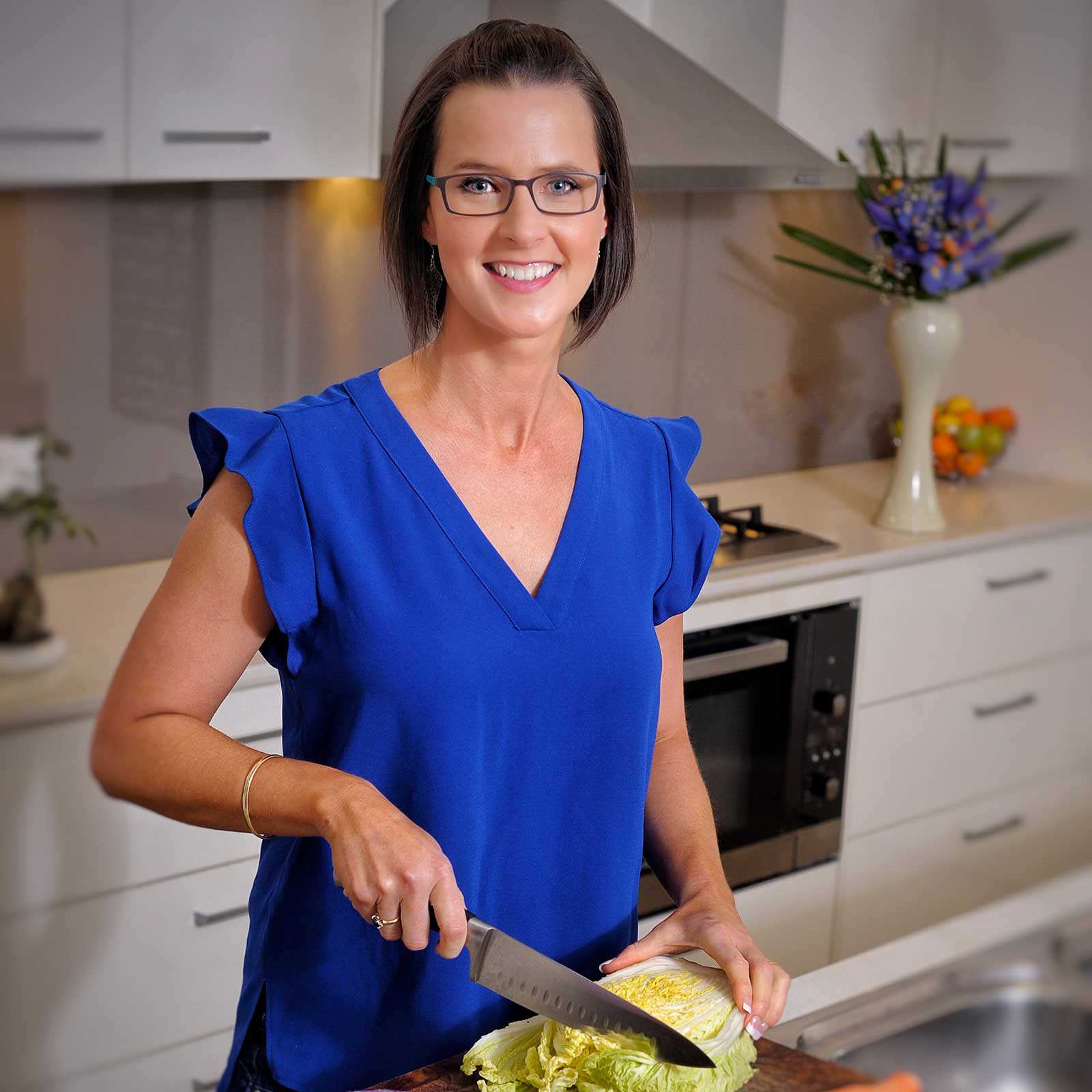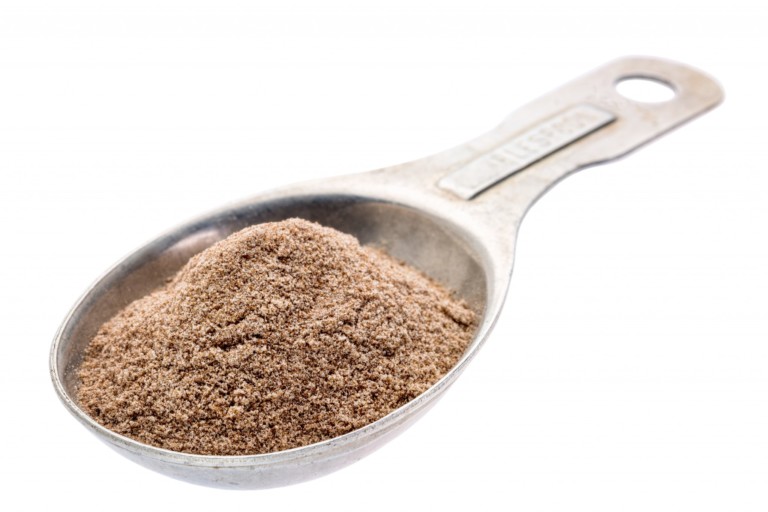How one woman left the pain behind to live life to the fullest.
Allyson Brown first noticed something was wrong with her health in 2005. She was 23 years old and in her second year of PhD research in Forensic Analytical Chemistry.“I was running up some stairs at the University and my right leg dropped out from underneath me,” she recalls. “I thought to myself ‘that was clumsy’ but I had done some damage to my knee so started seeing a physio the following week.”By the time Allyson attended the physio appointment she had a numb. . .







